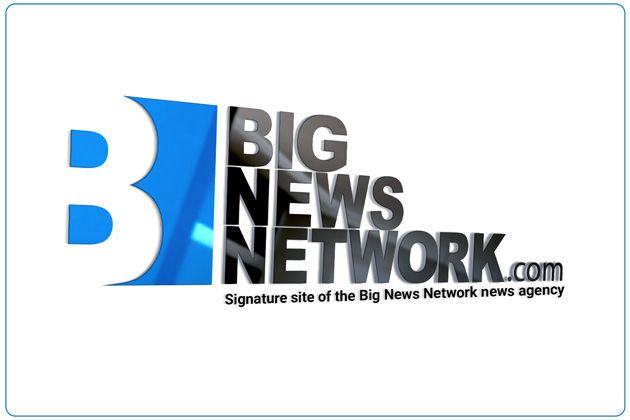
 business
business 
WASHINGTON, June 22 (Xinhua) — U.S. Federal Reserve Chair Jerome Powell said on Tuesday that the central bank will not raise interest rates preemptively based on inflation fears, reiterating recent inflation surge is transitory.
“We will not raise interest rates preemptively because we think employment is too high, because we fear the possible onset of inflation. Instead, we will wait for actual evidence of actual inflation or other imbalances,” Powell told lawmakers at a hearing before the House Select Subcommittee on the Coronavirus Crisis.
Powell said a substantial part of the recent rise in inflation comes from categories that are directly affected by the reopening of the economy, such as used cars and trucks in particular.
“There’s sort of a perfect storm of very strong demand and weak supply due to the reopening of the economy and various factors,” he said, adding recent price increases “don’t speak to a broadly tight economy.”
“I will say that these effects have been larger than we expected and they may turn out to be more persistent than we have expected, but the incoming data are very much consistent with the view that these are factors that will wane over time and that inflation will then move down toward our goals,” he said.
Core personal consumption expenditures price index, the Fed’s preferred inflation measure, is expected to rise to 3 percent by end of 2021, and then decelerate to 2.1 percent over the next two years, according to the Fed’s latest economic projections released last week.
“Of course we are prepared to use our tools as appropriate if that turns out not to be the case, you know, to guide inflation to 2 percent,” Powell said.
The Fed chief also reiterated that the central bank intends to encourage a “broad and inclusive” recovery of the job market.
“We will not just look at the headline numbers for unemployment, we’ll look at all kinds of measures of unemployment, including unemployment and employment for various groups, ethnic groups, gender groups, and things like that,” Powell said.
“There’s a growing realization, really across the political spectrum, that we need to achieve more inclusive prosperity. Real incomes at the lower end of the spectrum have stagnated relative to those of the top,” he added.
The Fed last week kept its benchmark interest rates unchanged at the record-low level of near zero. About 13 of 18 Fed officials see the first rate hike occurring by the end of 2023, compared with seven in March, according to the Fed’s latest economic projections.
24World Media does not take any responsibility of the information you see on this page. The content this page contains is from independent third-party content provider. If you have any concerns regarding the content, please free to write us here: contact@24worldmedia.com